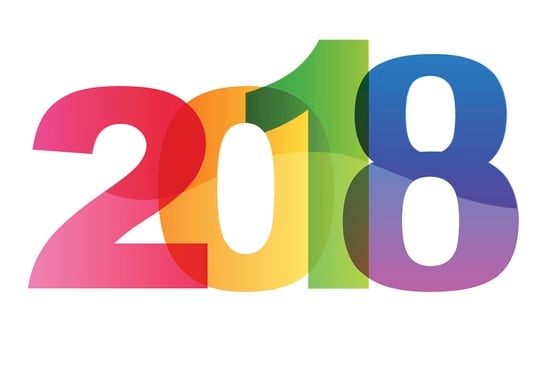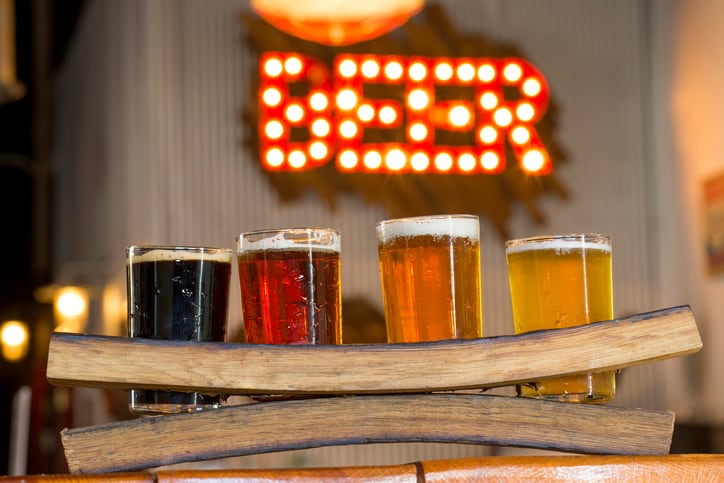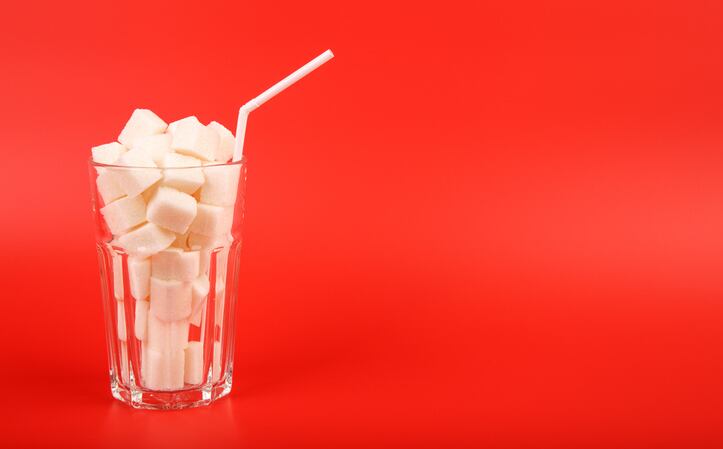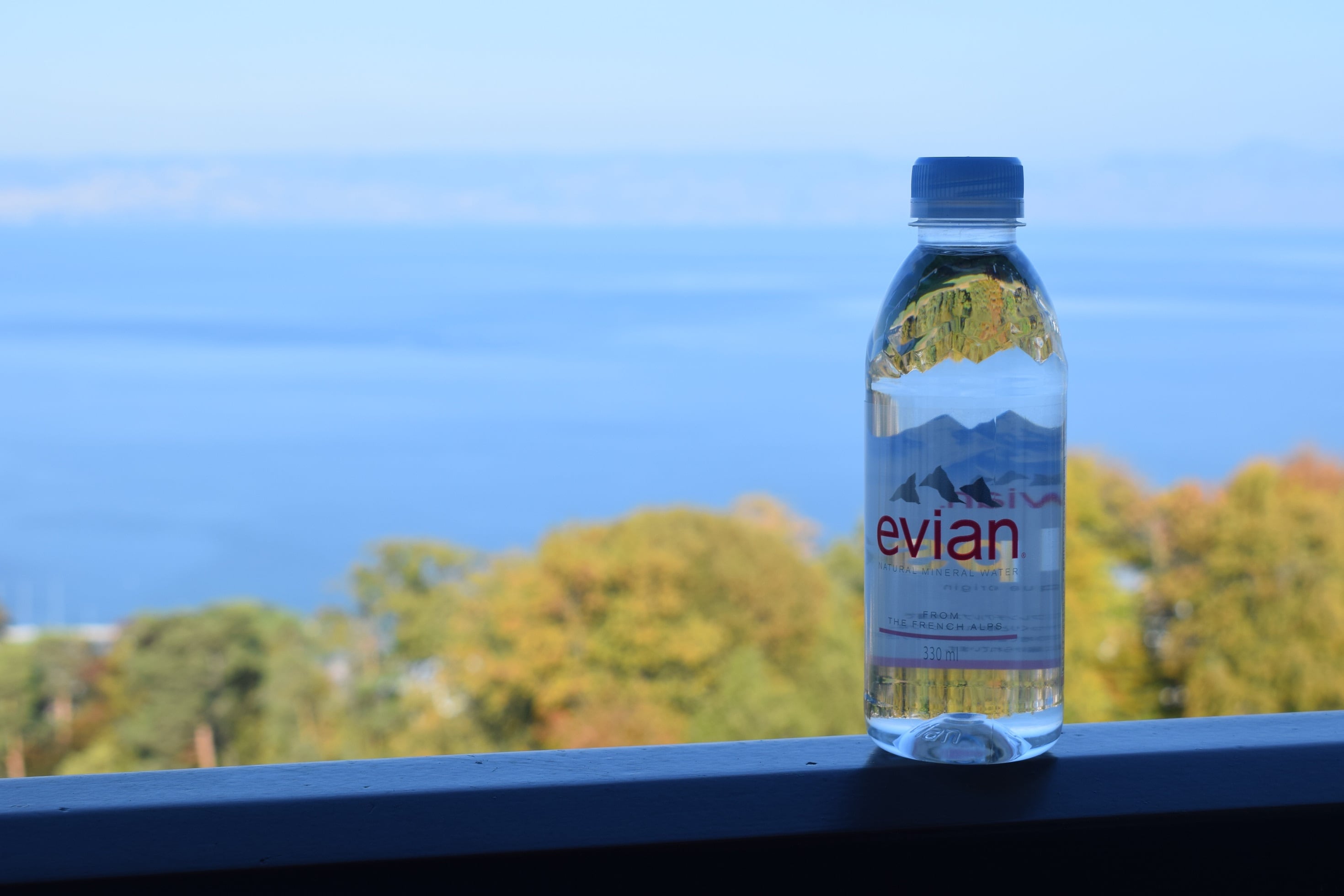PepsiCo acquires SodaStream for $3.2bn
PepsiCo has added Israeli-born sparkling water brand SodaStream to its portfolio this year, announcing the acquisition in August and completing the deal in December.
The SodaStream concept allows consumers to transform tap water into a flavored, sparkling beverage in their own homes; tapping into trends for personalized and customized products.
Both SodaStream and PepsiCo highlight their commitment to sustainability, putting their weight behind a concept that does not rely on single-use plastic bottles.
Similarly, Danone announced a chunky investment in Berlin-based start-up Mitte in August: a smart home water system that turns plain tap water into mineralized water.
Scotland introduces minimum unit pricing
In May Scotland became the first country in the world to introduce minimum unit pricing (MUP) on alcohol, after a six year battle through the courts.
The legislation sets a minimum 50 pence per unit price as a measure to help tackle damage caused by cheap, high strength alcohol.
Alcohol misuse is estimated to cost Scotland £3.6bn ($4.9bn) a year and the country has the highest rate of alcohol-related deaths in the UK; and the Scottish government says MUP is expected to save 392 lives in the first five years.
Opponents of MUP, however, argue there is no link between alcohol price and reduction in alcohol related harm, and say that MUP distorts competition by penalizing efficient low-cost producers of alcohol.
Carving out the cannabis space
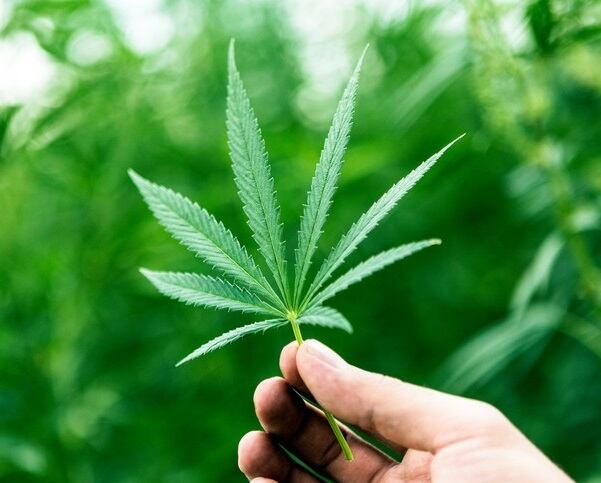
Canada legalized recreational cannabis in 2018 (although edibles won’t be legalized until next year), and interest in the category has exploded while further markets are predicted to loosen cannabis laws to various degrees in the coming years.
Molson Coors and Constellation Brands are keen to be first off the mark as far as cannabis beverages are concerned: Molson Coors with its joint venture Truss and Constellation Brands with its $4bn investment in Canadian cannabis company Canopy Growth. AB InBev, too, has just announced an $100m partnership with Tilray through its subsidiary Labatt Breweries of Canada to research non-alcoholic THC and CBD beverages.
Meanwhile a host of brands are exploring the cannabis arena: Lagunitas with its cannabis-infused sparkling water; Province Brands with its cannabis-brewed beer; THC sodas from California Dreamin’; sparkling water CBD brand Recess; and Cannabiniers’ THC-infused tea, coffee and non-alcoholic beer to name just a few.
Despite rumours to the contrary, Coca-Cola and PepsiCo, however, have stated they have no plans to enter the cannabis category at the moment (You can be sure they'll be watching closely, though). But the Brewers Association says it will be all systems go in the US craft beer industry if (or - as many commentators say - when) legislation allows.
Shake up of sugar taxes
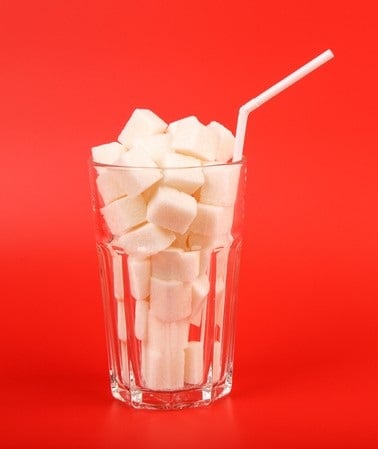
This year saw some significant markets – such as the UK, the Philippines and South Africa – introduce sugar taxes; building on momentum seen over the last few years. Eyes will be on these markets in 2019 to see what the effect of the first year of taxation has been.
In 2018 sugar taxes have also been in the news in the US, Ireland, Estonia, France, Malaysia, Australia, Singapore, Chile, Sri Lanka and many other markets. Sugar taxes are, however, controversial: and have turned into something of an ongoing battleground as various markets attempt to introduce, repeal, revamp or resist taxes.
If you find following all the twists and turns a little...er...taxing, then this neat little global summary may help.
Preparing for a plastic packaging tax
Talking of taxes... the UK confirmed in October that it plans to introduce a ‘world-leading’ tax on plastic packaging in 2022, with plastic bottles, trays and pots set to be included.
The tax will be applied to plastic packaging that doesn’t include at least 30% recycled content.
The tax was announced in Budget 2018 but won’t come into effect for four years: so details of what the tax could look like are scant and will be subject to consultation.
Plastic straws, however, have been firmly in the spotlight in 2018 with a number of companies pledging to ban them from their operations: including Disney, Pernod Ricard, Starbucks, Diageo, and the Scotch Whisky Association.
Boom in breweries: record number of brewers
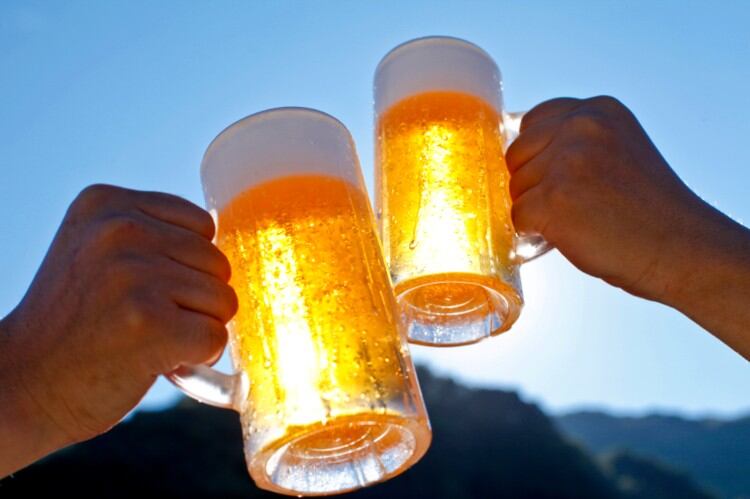
This year’s statistics show a boom in breweries both sides of the Atlantic. In the US, the number of breweries surpassed the 7,000 milestone in October, while in Europe there are now more than 9,500 breweries.
In both markets the growth in the number of breweries has been led by the growth of smaller businesses and craft brews. The Brewers Association says microbreweries and taprooms are the ‘growth engine’ of craft in the US; while the Brewers of Europe credits the rise of microbreweries and SMEs for the brewery boom.
Innovation in the craft category on both continents continues to evolve: although data from Mintel now sees Europe as a hotspot (five years ago North America accounted for 52% of all craft beer retail launches compared to Europe’s 29%; but today North America accounts for 19% of launches and 54% come from Europe).
Bottled water boom: category to overtake all others
Another milestone in 2018 comes from the bottled water category. Once sidelined as a rather plain and boring beverage, bottled water is in fact now set to overtake all other soft drinks worldwide.
Zenith Global forecasts that 2018 will be the year when bottled water exceeds the total for all other non-alcoholic beverages. Bottled water consumption reached 418bn liters in 2017, up 92% since 2007, an average approaching 7% a year and a 10-year increase of 200bn litres. All other soft drinks totalled 438bn liters in 2017, up 24% since 2007, an average of 2% a year and a 10-year increase of 84bn liters.
Consumers’ concern for health and wellness is a key factor in the category’s growth, with water offering calorie free, pure hydration. In other markets, bottled water assures consumers of safety and quality.
Coca-Cola acquires Costa Coffee for $5.1bn
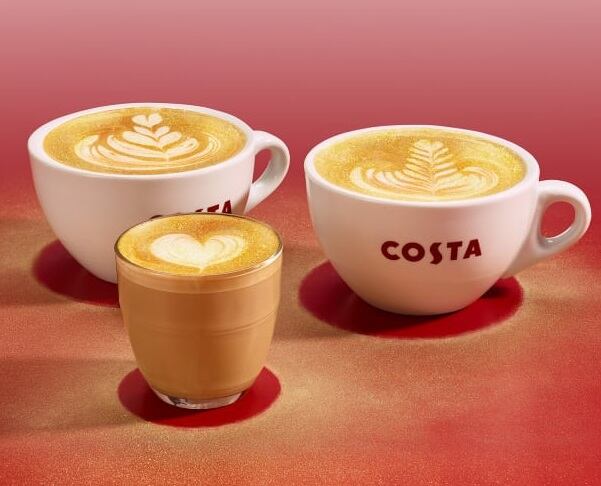
Coca-Cola took a giant leap into the coffee category this year, announcing its acquisition of UK-headquartered chain Costa Coffee in August.
Founded in London in 1971, Costa is now the world’s second largest coffee chain with a growing footprint in China and more than 30 other countries.
Essentially, the acquisition helps Coca-Cola spring into one of the fastest-growing beverage categories: coffee. The category has been growing at 6% and is now valued at some $0.5 trillion.
“The acquisition of Costa will give Coca-Cola a strong coffee platform across parts of Europe, Asia Pacific, the Middle East and Africa, with the opportunity for additional expansion,” said Coca-Cola as it announced the deal. RTD coffee is another opportunity Coca-Cola is looking to explore through the acquisition.
The $5.1bn deal is expected to complete in the first half of 2019.
Nestle acquires Starbucks' retail brand
Another big caffeine hit of 2018: in May Nestlé announced it would secure the global rights to market Starbucks' consumer and foodservice products in a $7.15bn tie-up: expanding its presence in the premium coffee space.
Lavazza acquires Mars’ coffee business
More coffee? Italian coffee company Lavazza announced it will acquire Mars Drinks, the coffee division of Mars Inc, in October.
Mars Drinks specializes in coffee machines and systems for the workplace, and Lavazza gains the single-serve Flavia machine and Klix freestanding vending machine business as part of the deal.
US food giant Mars (whose portfolio includes confectionery brands M&Ms, Twix, Dove, Snickers, Milky Way) says it is the ‘right time’ for change; while Lavazza says the acquisition fits perfectly with its international expansion strategy.
Lavazza is the third largest coffee player in the world with 2.5% of the global market, with previous acquisitions in coffee including Carte Noire and ESP in France, Merrild in Denmark, Kicking Horse Coffee in Canada and Blue Pod Coffee in Australia.
Indra Nooyi steps down as PepsiCo CEO
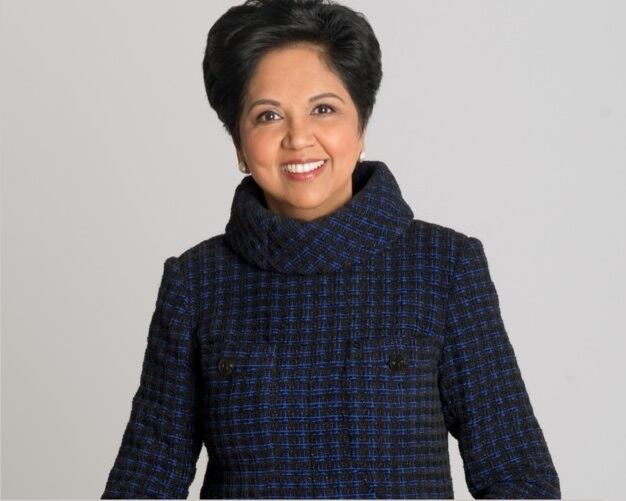
In October Indra K. Nooyi served her last day as PepsiCo CEO, after 12 years in the role and 24 years as a PepsiCo executive.
Nooyi said she had been ‘blessed’ to lead the company, but wanted to spend more time with her family and let the next generation take the reins at PepsiCo.
Unilever acquires Horlicks and GSK’s Health Food Drinks business for $3.8bn
After months of speculation over who would buy GlaxoSmithKline’s consumer nutrition business, Unilever emerged the winner in December with its $3.8bn acquisition of the Indian-centered business.
Unilever says the acquisition ties in with two key strategic goals for the company: increasing its presence in health-food categories and in high-growth emerging markets.
The portfolio includes malted hot drink Horlicks (an intriguing brand that even has an Antarctica mountain range named after it) and chocolate-flavored malt-based food drink Boost, and has been growing at a double-digit rate over the past 15 years. But Unilever sees plenty of potential to grow the brands further in India.
Acquisitions and alliances
Other acquisitions and alliances of note this year include: Coca-Cola's entry into the kombucha category with the acquisition of Organic & Raw Trading Co. in Australia; The Carlyle Group's acquisition of Australia's largest wine company Accolade Wines; La Martiniquaise-Bardinet's acquisition of Cutty Sark Scotch Whisky; Cott Corporation's acquisition of Mountain Valley Spring Company; Coca-Cola's 45% minority interest in Australia's Made Group; Constellation Brands' acquisition of Texas craft brewer Four Corners Brewing; and Heineken and China Resources Beer's strategic partnership.
Innovation, innovation, innovation...
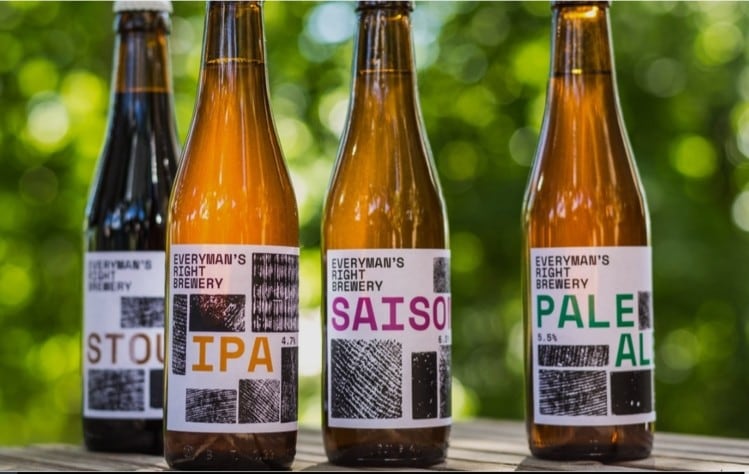
This is, of course, far from an exhaustive list: but some of the new ideas to catch our eyes this year include Coca-Cola Clear in Japan; gin made from unwanted fruit and vegetables; and Carlsberg’s beers brewed for Michelin dining.
Then there's also Drinkfinity’s coffee capsules; carbon negative beer in Finland; Coca-Cola’s alcoholic beverage in Japan; and Carlsberg’s shrink wrap free six pack.
Meanwhile a Scottish distillery has launched gin that changes color when mixed with tonic; Corona has created biodegradable six pack rings; and a US craft brewery has made a ‘survival beer’.
And we've also seen a biodegradable bottle made from flax as an alternative to glass; edible seaweed packaging for marathon runners; the creation of a white wine emoji; BrewDog's craft beer airline, and of course much much more.
Here's to plenty more innovation in 2019.

